Search Posts
Recent Posts
- The Long Goodbye January 18, 2024
- Once More Around the Mulberry Bush January 9, 2024
- The Wash December 28, 2023
- The Truth About Carver Dogs December 1, 2021
- The Question of Pain November 9, 2021
Categories
Subscribe!
Thanks for subscribing! Please check your email for further instructions.
The Joy of Bulldogs
They can do anything any other breed can do, and then whip them as well.—John P. Colby
Almost all my friends these days would be astounded to discover that I’ve written several books on “the outlaw breed.â€Â That’s because I don’t meet their idea of a Pit Bull owner. Although I was in a boxing club in my high school years, as well as wrestling in high school and college, and participated in other sports, I’m quite a gentle person. I’d rather make someone’s day than ruin it. I’d never deliberately hurt or offend anyone.
But that’s not the point. I think the real point is that the public’s image of an owner of our breed is not good. I’m an advocate for the breed, and I delight in learning about good dogs and I’m still fascinated by the history of the breed. I’ve been a scholar of it for a long time. I really do love these dogs! Nevertheless, I’m certainly not happy to have the breed be so popular. At this writing, we’re still quarantined, so instead of going to the gym, I do power walks in the mornings. I have gotten to know several people that walk their dogs. Some of their canines are Bulldogs, but the people almost never know the breeding of the dogs. Most of the dogs seem to me to be junk-bred. That’s okay, but if any of these bites anyone, it may not make headlines, like before, but it adds to the public perception of these dogs being vicious animals.
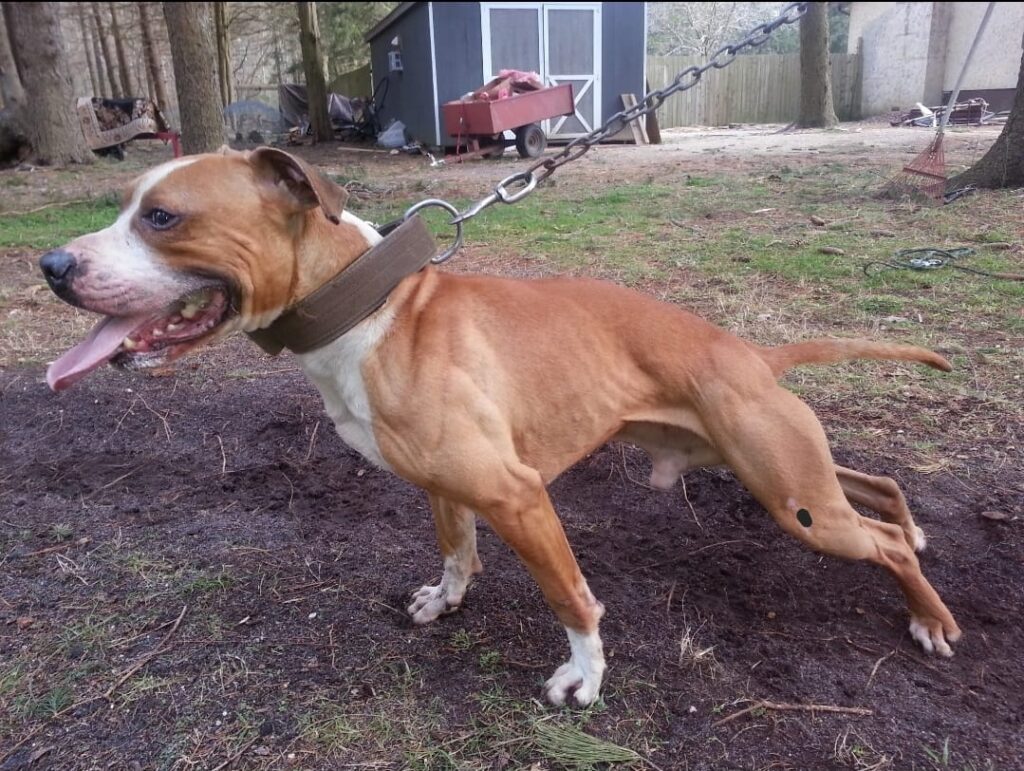
I have aided well-meaning people who wanted to rescue Bulldogs and put them out for adoption, but I’m generally not in favor of that unless there is a strict temperament test regarding their people-mean proclivities. I’m just worried about restrictive laws regarding our breed. After all, they are still illegal in certain municipalities, as well as certain foreign countries. That’s downright outrageous! But it’s an example of headline mentality at work.
But I digress. My intention here is to delineate some of the joys that I find in the breed. Part of it is just the dogs are just a lot of fun. They’re enthusiastic; they’re intelligent; and they come in all sizes, so what’s not to like? Besides that, they’re an incredibly unique breed. There really is nothing else like them. Not even close! Some might suggest the Tosa, the giant fighting dog of Japan. But I want the best, so I wouldn’t be interested in them. I’ve known people that had Tosas and Bulldogs, and they always ended up with just Bulldogs. Of course, the Tosa is a true fighting dog, but it’s different because there is no size limit in their bouts, and there is a twenty-minute time limit to the match. Their matches end up being similar to their Sumo wrestlers, where size and weight are really important, as it basically is a pushing match. Good Bulldogs still beat them in spite of their size if we ignore the Japanese rules.
Even people who only want our dogs for pets often want them from game-bred lines. There’s a reason for that. Such dogs tend to be more intelligent, healthier, have sounder dispositions, and they’re simply more remarkable. In any case, it is the game-bred dogs from which all Bulldogs descend—it’s simply a matter of how far away they are from frontline dogs. Some are truly far away and maybe crossed with something else, too. Those are the ones I call “junk-bred.â€
Nearly all show dog people have fanciful ideas that they propagate about how old their breed is, but part of the charm of the Bulldog is that it really is one of the oldest of breeds. Who knows how far back the breed goes, but the art evidence suggests at least four hundred years. Most of that kind of evidence shows them hunting or in bull baiting displays. We know from writings that butchers did use the dogs to catch a bull that they wanted to slaughter, so the bull baiting really was just a sadistic display. And I don’t think they were as common and popular as so many writers imply. The common refrain is that when bull baiting was outlawed, matching dogs began—but I suspect that pit dog contests were going on for a long time, too. It’s conjecture on my part, but it really is informed opinion because of all my research in 19th century literature and perusal of artwork from much further back.
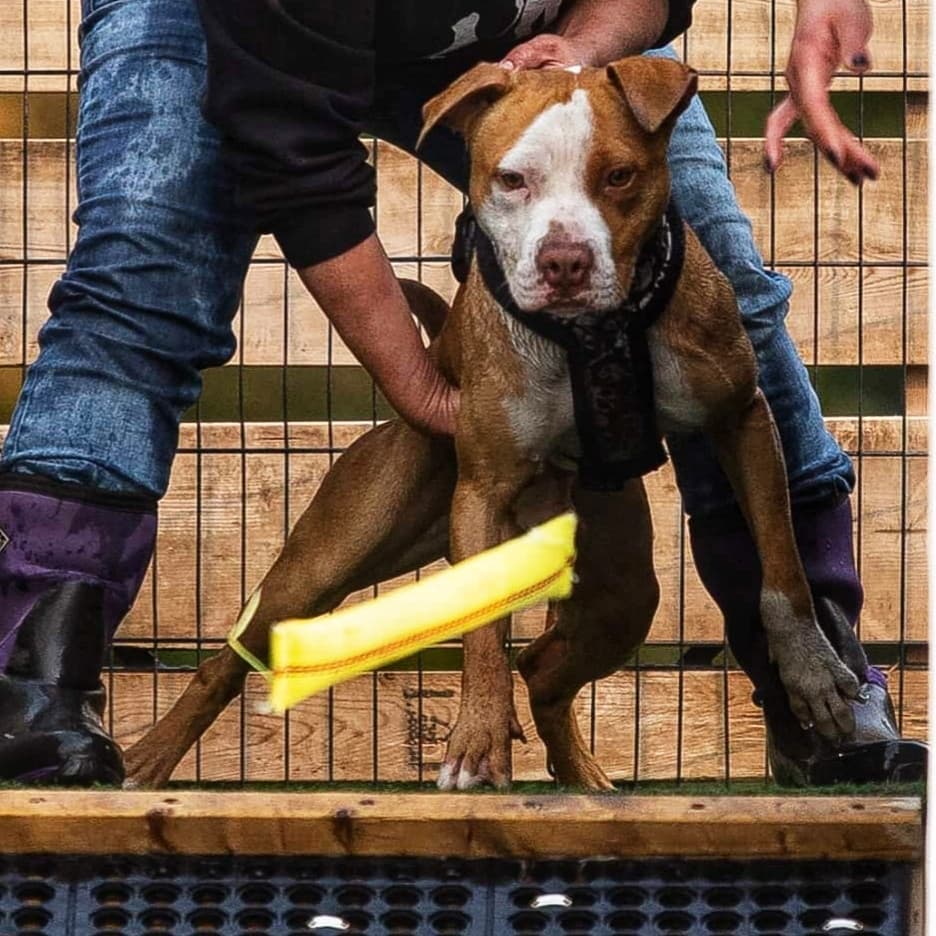
Even though there are many talented, bone-crushing dogs around that have done quite well, gameness has always been the name of the game with this breed. That’s because game dogs nearly always were the ones that won. When it comes to the trait of gameness no other breed comes close.Â
There is a guy right now who is a former high-up official in a friendly foreign county. I won’t out him by mentioning him by name. He has the same love of a game dog that so many of us do. He’s read my books, as well as done research. He’s owned a lot of good dogs, one at a time, as he only wanted a pet. He has the money and resources to get the best-bred pup. He won’t do anything with the pup other than what you would do with any family pet. He just enjoys knowing that the dog is down from some truly noble dogs, and I understand that, as that’s part of what I enjoy about a well-bred dog, too. Many of us feel the same way.
I’ve told elsewhere about a fellow who was professional trainer of Labrador Retrievers for field trials—but his favorite dog for himself was a Bulldog, a well-bred one! Just for fun, he trained his Bulldog for the trials, and it could actually best champion retrievers in the trials. Amazing! It seems that our dogs are truly versatile, even though they have been bred for a specific thing, keeping in mind that they also have a hunting history, so some of them will have a strong prey drive. I should mention, though, that the trainer emphasized that a Bulldog might succumb to hypothermia in some of the trials, as they don’t have the layer of fat for insulation that the retrievers do.
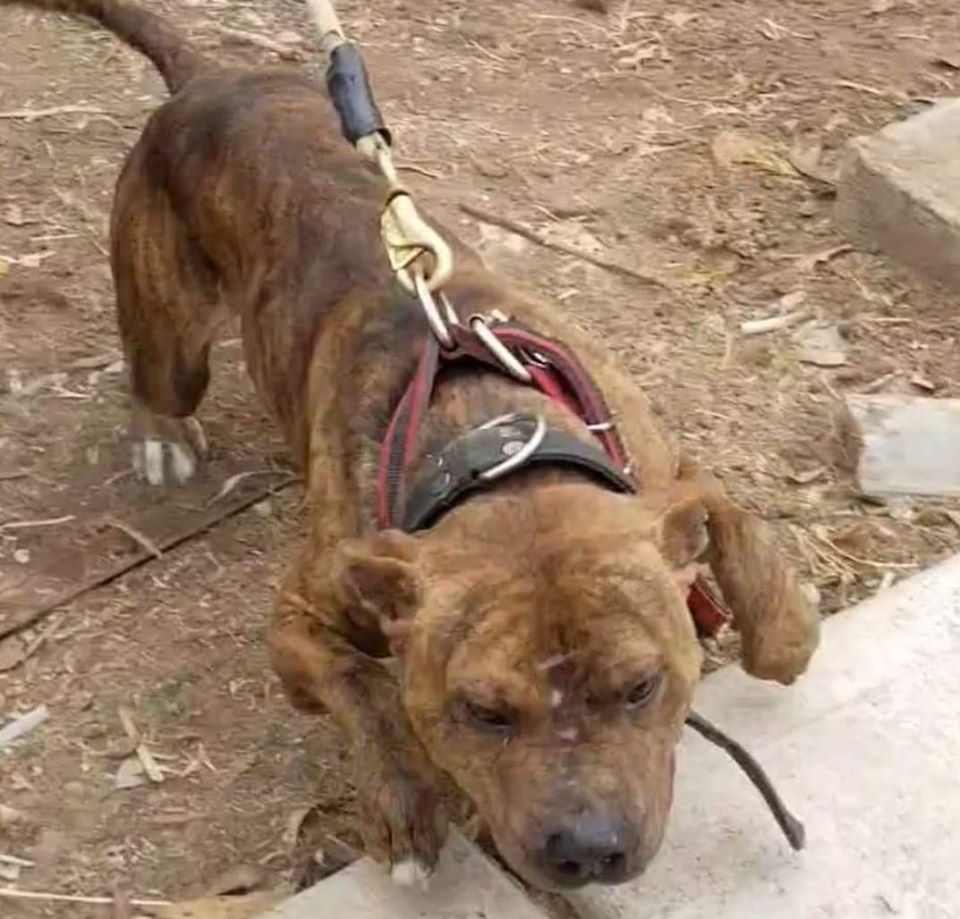
I tend to believe that it was a bit of hyperbole for John P. Colby to say that the breed can do anything any other dog could do, and then whip him as well. And that may be true, but there’s something to it. After all, the coonhound people had to make their trials for their breeds only, as Bulldogs had been winning their field trials. But certainly, we must admit that our dogs do not have the marvelous scent detection capabilities as some of those cold-nose hounds.
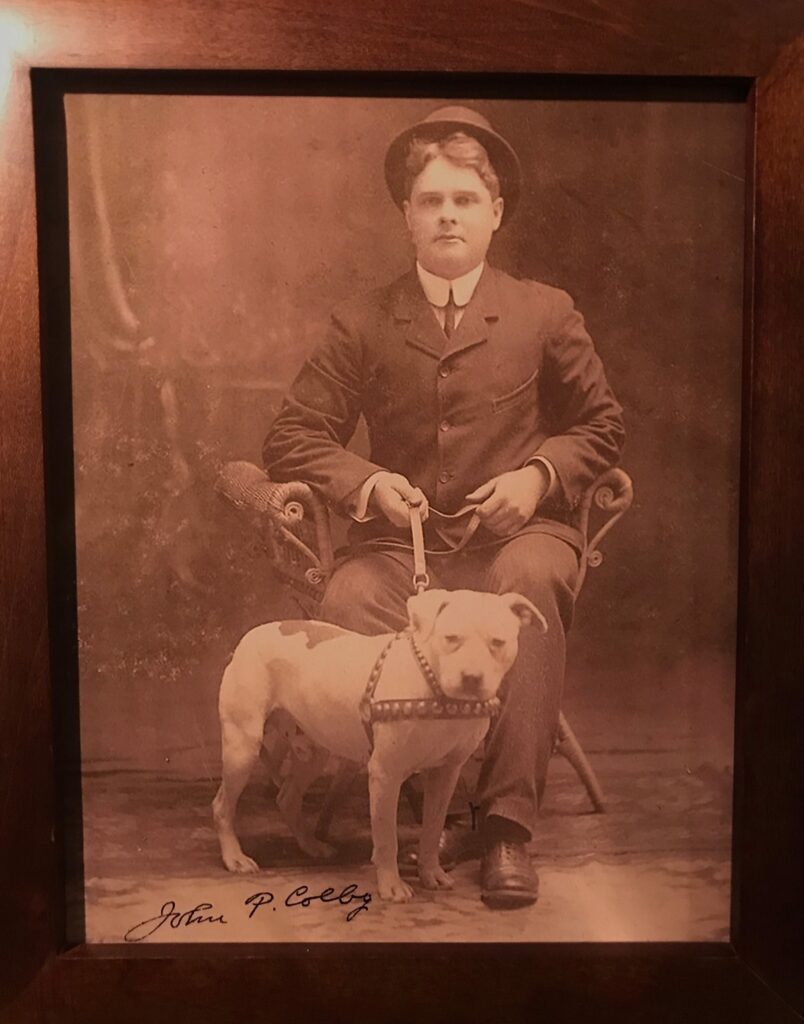
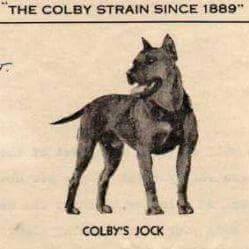
One of the great things about the breed is the variation in size. It’s always been that way, as in the early writing about these dogs we read about twenty-nine-pound dogs. That’s pit weight, but that’s still a small dog. And they’re still around, and it seems to me that it is the experienced people who like them. It’s nice to have a small dog that you can pick up with ease and to know that it is still all dog, and one that could whip its weight in bobcats. It’s a little extra bonus that you can have one of these dogs any weight that you want.
Although I always think of Bulldogs when I hear the name “Spike,†the dogs in our breed, even some of the most famous ones, don’t tend to have tough sounding names. It’s the owners of Bull Mastiffs and Great Danes that name their charges “War Lord†and “Gladiator.†They seem to be the ones who seem to think that they have the tough dogs. Our dogs—even the famous ones—tend to have names like “Cracker,†“Biscuit,†and “Monkey.â€Â That’s partly because these ultimate warriors tend to have sweet and comic dispositions, but it’s also because the real McCoys don’t need high-sounding names. There are, I admit, some simple tough names that I kind of like, such as the aforementioned “Spike,†as well as “Butch.â€
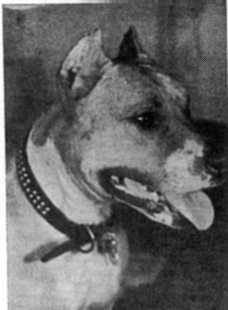
I actually owned a dog named “Butch†when I was a mere teenager. He had been sent to me by I. D. Cole from Phoenix, Arizona. He was a little black dog, and I got him shortly after he had been rolled against Bouncer, the sire of the immortal Dibo. Cole told me that he got him because he had quit in that roll, but Cole saw promise in him, as Bouncer was a renowned dog, and he was bigger than Butch. Also, Cole considered that the dog was actually too young to have been rolled for over thirty minutes—especially against a quality dog like Bouncer. At that time, I wasn’t interested in breeding anyway. I just wanted a companion for walks and runs, as well as a possible roll dog. I didn’t even know the breeding of Butch, although I had the ownership certificate, and I wasn’t really interested in those days. But I liked the dog. He was small-but-mighty. An owner saw his German Shepherd jump Butch from behind when he was walking with me down in some sort of irrigation ditch. He saw that, and he saw Butch whirl around and tear into his dog.
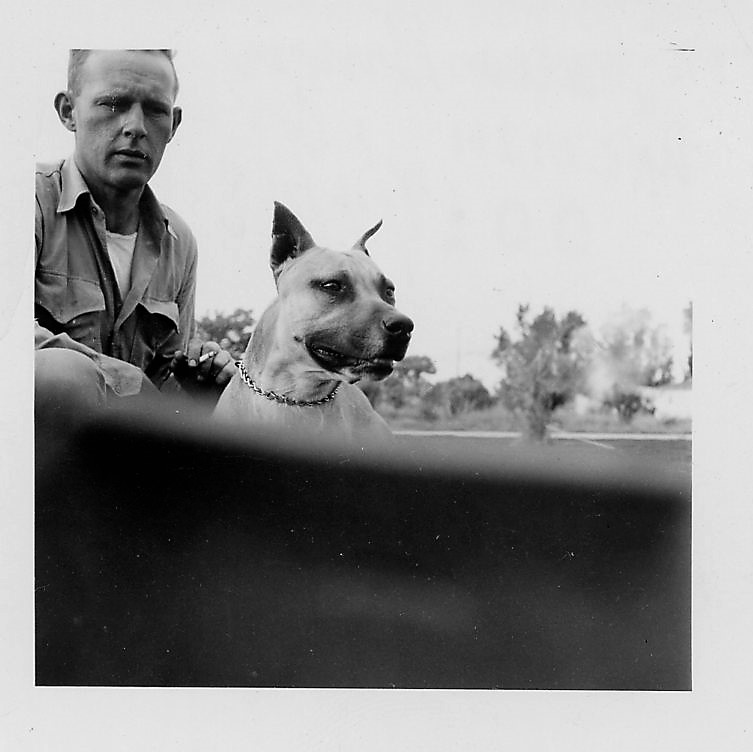
He stayed to talk with me after his dog decided he wanted no more of Butch. Instead of being angry, the owner declared, “That little black dog is the fightingest dog I ever saw. He would have killed my dog if he hadn’t cut and run!â€Â I could tell that as much as he may have liked his dog, he would have made a quick trade for Butch. It was rare even in those days for someone whose dog has been soundly thrashed to have the owner calm and filled with frank admiration. He didn’t ask about the breed. He may have thought he was a mutt, as Butch’s ears were untrimmed, and no one knew about Pit Bulls in those days. And it was certainly a better time in that respect.
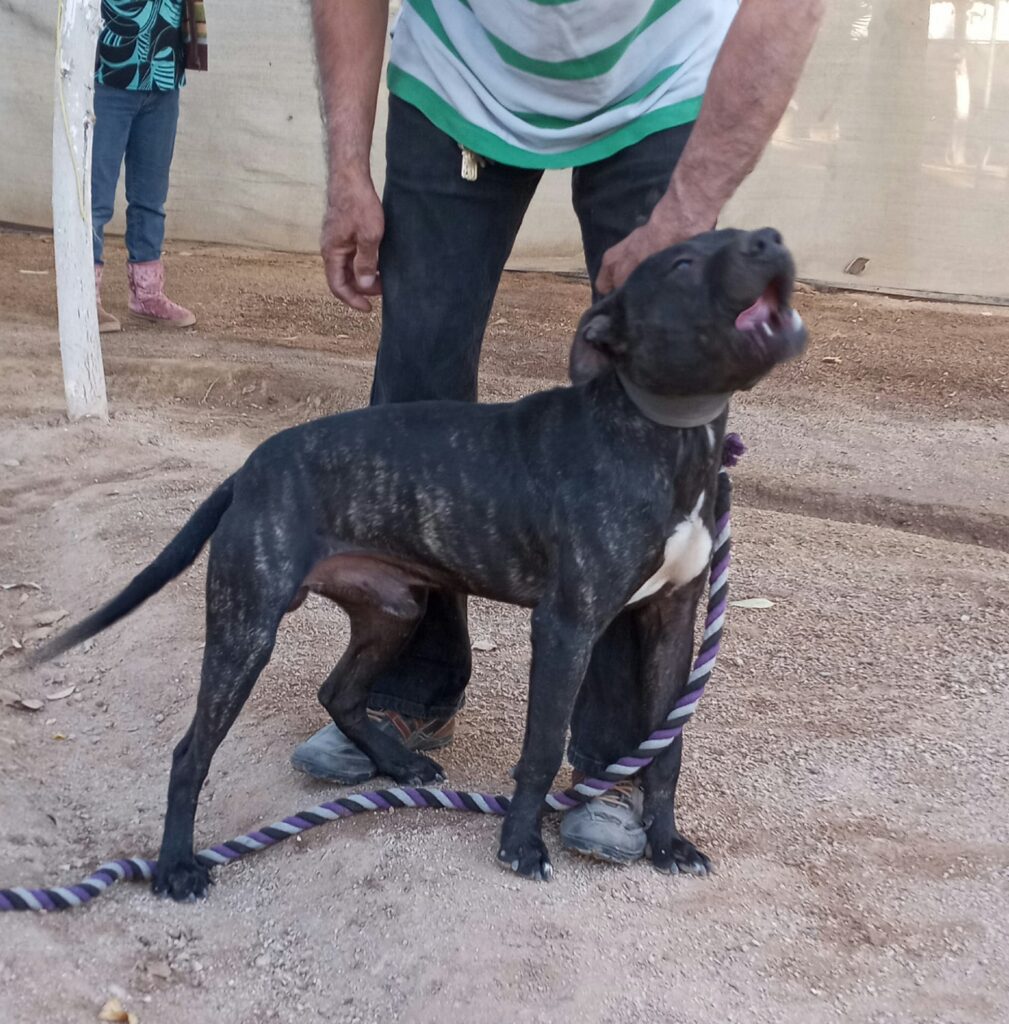
All that being said, Bulldogs are truly special. There is a lot of special precaution that we have to take with these dogs, but the joy of keeping them and working with them outweighs all of that! Even with all the problems of today about the breed, the dogs are so special in so many ways that they truly are a joy to keep.